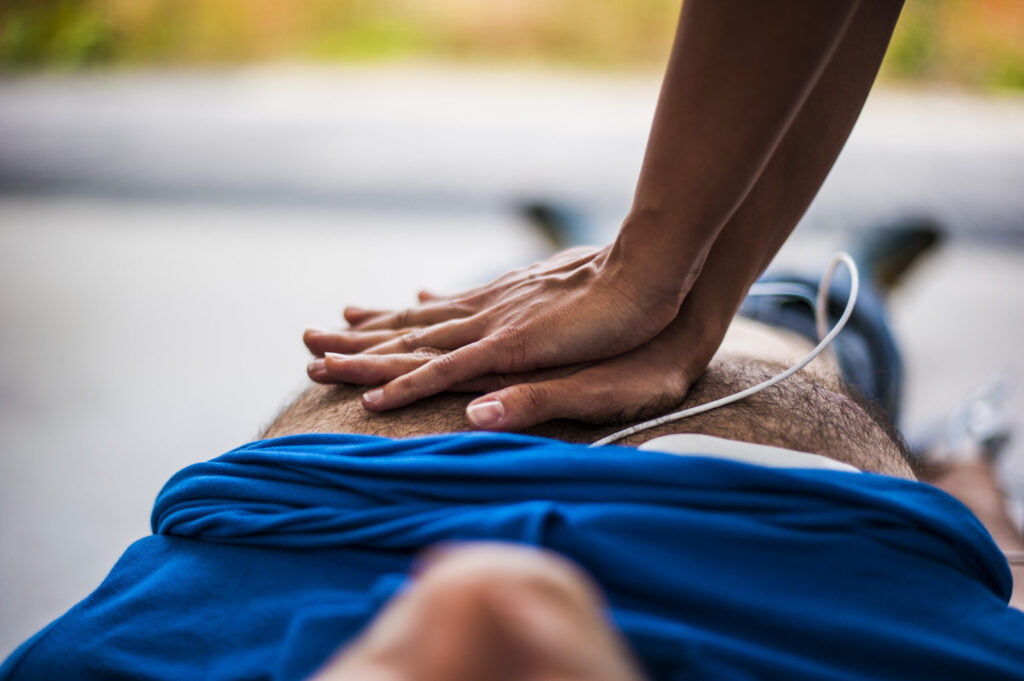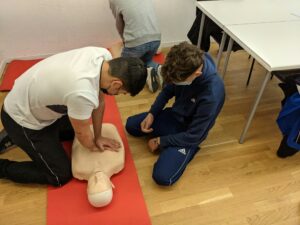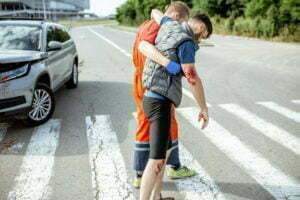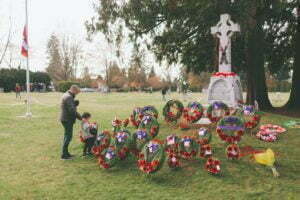Emergencies can strike at any time, leaving you and your loved ones vulnerable and unprepared. Knowing how to respond and having the necessary tools and knowledge at your disposal can make all the difference. Whether it’s a natural disaster, a power outage, or any other crisis, having a solid plan in place is crucial. In this article, we will provide you with top survival tips for emergencies, helping you prepare for any situation. For more information and resources on emergency preparedness, visit https://roundhouseprovisions.com/.
Develop an Emergency Plan
A well-thought-out emergency plan is crucial for ensuring your family’s safety during a crisis. Begin by identifying potential risks and emergencies that might occur in your area, such as natural disasters, power outages, or severe weather events. Once you’ve established the possible scenarios, create a step-by-step plan detailing how to respond to each emergency. This plan should include evacuation routes, communication methods, and designated meeting points. Ensure that every family member is familiar with the plan and can execute it efficiently.
Build an Emergency Supply Kit
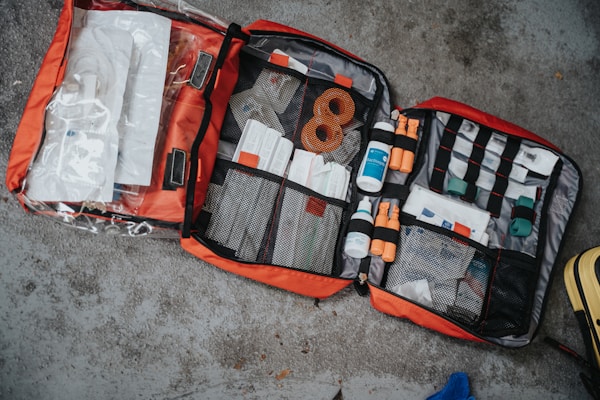
An emergency supply kit is an essential component of your survival strategy. It should contain items that can sustain you and your family for at least 72 hours, as help might not be readily available during a crisis. Your kit should include essentials such as non-perishable food, water, a first-aid kit, flashlights, batteries, a radio, and any necessary medications. Additionally, consider including items like blankets, clothing, and personal hygiene products. Store your emergency supply kit in an easily accessible location and regularly check and update its contents.
Acquire Basic First Aid Skills
In an emergency, basic first aid knowledge can be the difference between life and death. Familiarize yourself with essential first aid procedures, such as CPR and wound care, and learn how to recognize and treat common injuries and illnesses. Consider attending first aid courses or obtaining certification to build your skills and confidence. Having a well-stocked first aid kit is also crucial, so ensure that it includes items like bandages, antiseptic wipes, pain relievers, and any essential medications.
Learn Essential Survival Skills
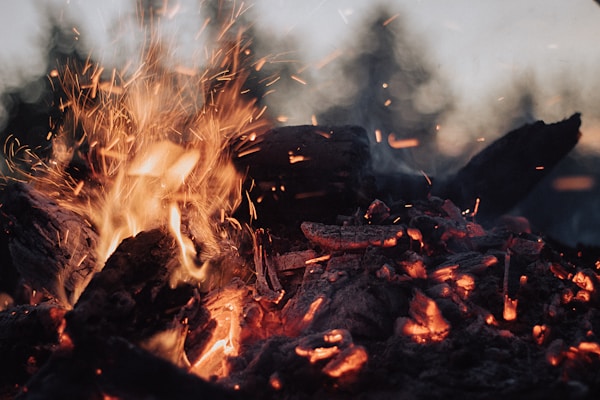
In addition to first aid knowledge, acquiring various survival skills can significantly improve your ability to navigate emergencies. Some essential survival skills include:
- Firestarting: Knowing how to start a fire can be vital for warmth, cooking, and signaling for help. Learn multiple methods of fire-starting, such as using a firestarter, matches, or friction-based techniques.
- Shelter building: A secure shelter can protect you from harsh weather conditions and provide a safe space to rest. Learn how to construct basic shelters using natural materials or items found in your emergency supply kit.
- Water purification: Access to clean, drinkable water is crucial for survival. Familiarize yourself with various water purification methods, such as boiling, using purification tablets, or employing a portable water filter.
- Navigation: In some emergencies, you might need to navigate unfamiliar terrain to reach safety. Learn how to use a compass, read maps, and rely on natural navigation techniques, such as observing the sun and stars.
Stay Informed and Communicate
Staying informed during an emergency is essential for making the right decisions and staying safe. A battery-operated or hand-crank radio can provide crucial updates and information from authorities. Additionally, establish a communication plan with your family, so everyone knows how to stay in touch during a crisis. This plan should include a list of emergency contacts, designated meeting points, and alternative methods of communication, such as text messaging or social media.
In conclusion, being prepared for emergencies is crucial for the safety and well-being of yourself and your loved ones. By following the top survival tips provided in this article, you can equip yourself with the necessary tools and knowledge to respond to any crisis with confidence and resilience. From creating a survival kit to developing an evacuation plan, there are several steps you can take to ensure that you are ready for any emergency that may arise.

